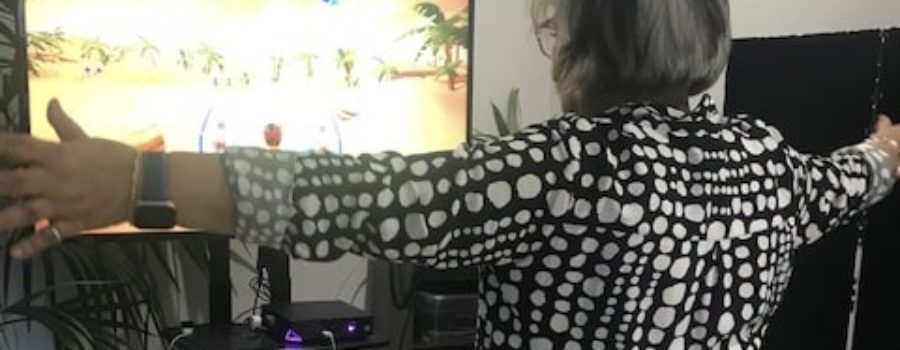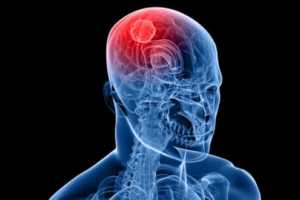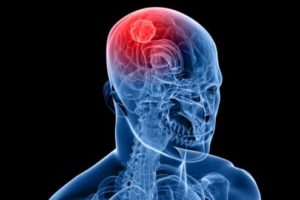MindMotion GO is a tool that we use for therapeutic neuro-rehabilitation to help people regain motor functions damaged by brain injury. Here we demonstrate how MindMotion GO can help in the assessment of patients experiencing difficulties with visual and auditory processing.
Patient Assessment
Recently we had a patient attend the Birkdale Neuro Rehab Centre for a health assessment. She reported feelings of vertigo and was experiencing swaying to her right. Not only uncomfortable symptoms but also prohibitive and indicative of the need for some therapy. We can’t however know exactly what to offer without a full assessment and knowledge of the problem. We have a number of ways to assess our patients and we take a look at all the ways they are having difficulties, so that we can design a programme of therapies to bring them back to the best level of fitness possible. We discovered that our patient also had poor balance and poor vestibular otatis reflex, which affects balance and can cause vertigo. She also had difficulty judging distances and difficulty coming downstairs. A CT scan revealed our patient had suffered a subarachnoid hemorrhage.
Further Observations
We could observe that her head tilted to the right in supine lying on the air cushion. She also showed delayed righting reactions of her head and poor vestibular otatis reflex.
In Supine Lying
We also observed that our patient had reduced core stability, poor trunk righting reactions & fixed lordotic posture..
Sensory Awareness
We tested our patient for sensory awareness to give us a full picture of her current condition. Her light touch was impaired on the right side. Her sensation of hot and cold was impaired on both sides. A joint position test revealed impairment on the right. A joint position test is to measure her ability to perceive the position of a joint without looking. Joint position sense is also known as proprioception. Her perception of vibration was also impaired on the right side. On testing her eye movements using tobiDyanox we recorded that she could perform all the movements. Her reading from the RS Scan demonstrated that 60% of her weight was on the right-hand side. We also observed that our patient had poor anterior posterior balance and poor tandem balance when standing.
Using MindMotion GO
Using MindMotion GO it became apparent that she had difficulty in visual processing as well as remembering new visual and auditory information. She had poor right to left coordination, poor timing of movements, poor judgement of space and in relationship to body movements, ie. poor eye directed body movements. It was interesting to note that she had difficulty with visual information and special organisation for planning movements, when she was aiming to achieve bilateral arm movements. MindMotion GO is a useful tool for practicing special organisation of her body, her response to auditory commands and managing visual and auditory awareness outside of the clinic. To achieve voluntary bodily movements there are a number of steps that need to occur. Damage to the brain can cause difficulty in daily living activities like making a cup of tea for example. The patient first must assess her surrounding environment and the body’s location in space. She needs to be able to determine what action is appropriate and initiate that action. MindMotion GO helps by training her visual and auditory processes by using repetitive activities of upper and lower limbs and trunk as they are designed in such a manner that they would give her insight into more natural movements and speed of visual information.
What is MindMotion GO
MindMotion GO is a neurorehabilitation therapy tool that uses a 3D virtual game environment to provide motor activities for patients. Through use of a visual body tracking camera and screen, patients can see a virtual representation of themselves in real time, allowing them to see how they move. The gamified neurorehabilitation exercises and activities provided by MindMotion GO make therapy more fun and engaging for all ages. As patients can see themselves in games, they get real-time compensatory feedback about their movements, helping them to visualise their movements and see their own progress. The gamified activities not only increase patient engagement but also improve the level of rehabilitation provided, leading to more clinically meaningful improvements. A key feature is the ability to track patient performance over time, allowing for clear visualisation of patient performance and tracking of progress.
If you have any questions about MindMotion Go or are interested in testing it or incorporating MindMotion GO into your own physiotherapy plans, please Contact Us.
.



